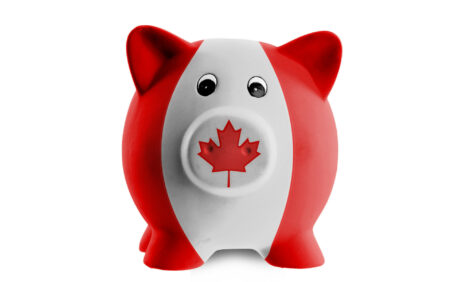



Why Ivory Coast Pig Farmers Are Fed Up With their Ministry
IVORY COAST - In a letter addressed to the Minister of Animal and Fishery Resources, the Ivory Coast’s pig farmers have denounced the massive imports of pork in the country. Jean Armand Bokally Dande reports on why are calling for stronger state support for pig-meat production in the West African nation.Co-written by the ADVCI (Association of veterinary doctors of Côte d'Ivoire), Pig Interprofessional Organisation (Interporci) and Dominique Koidjo, President of the Organizing Committee of the JPORCI 2016, the letter calls for support of the State to increase current domestic production.
Without failing to mention the contribution of the government to this sector through the implementation of a strategic plan for the development of Livestock, Fisheries and Agriculture (PSDEPA 2014-2020), they also denounce the failure of most of government-led programs.
To understand the problems faced by Ivory Coast pork farmers, we can look back to the day devoted to pork and its derivatives at this summer’s JPORCI livestock expo – which was held from 17 to 18 July in the Caistab building, in the Plateau district of Abidjan.
This event provides an annual opportunity for operators from the pig industry to showcase their products and expertise to the general public. This year’s opening ceremony was marked by forcefulmessages about the pig industry in the Ivory Coast – one of the speakers was Charles Emmanuel Yacé, President of the Pig Interprofessional Organisation (Interporci), which represents the nation’s pig producers.
Charting the industry from 1990 to the present, Yacé argued that pig production grew remarkably in the ’90s with the support of the government, the World Bank and the French Development Agency (AFD).
This growth, was halted in 1996, however, by the outbreak of swine fever which, according to Yacé, caused a reduction of 64 per cent in Ivorian livestock. This situation was aggravated by military and political crises – hence the creation in 2011 of hisInterporci organisation, which aims to bring producers and processors together and has been working to get the industry back on track.
Bridging the protein gap
According to Yacé, the Ivory Coast’s population is in need of animal protein – the estimated total production of meat is 49,000 tons, which only meets 40 per cent of the national requirement. But he is convinced that this deficit can be overturned,as the pig has a short production cycle.
“If all conditions are met, including financing, professionalism, rigor and the protection against imports, industry actors will be able to bridge that gap,” he said.
In what he described as weaknesses of the sector, Yacé also said that farmers are having to compete with massive imports of low-quality pig meat. “We need the state to regulate imports that prevent local producers from flourishing,”said Yacé, who is also CEO of the Société Internationale de Charcuterie et de Salaison (SICS) (International Butcher and Salting Company).
Dependent on imports?
The catch, in the Ivory Coast, is that consumption is highly dependent on imports. And the Minister of Animal and Fishery Resources, Kobenan Adjoumani did not fail to point this out.
According to him, “The Ivory Coast only produces 21 per cent of its pig meat consumption; the rest is imported from outside.”. With a national pig herd of around 350,000, the Ivory Coast’s consumption of pork is far below figures reported in other countries.
To deal with this situation, Yacé said they must increase per capita consumption to 1 kg per year.
“Trust the Interporci,” advises Yacé, and “we will greatly improve the numbers of our Ivorian pig industry. We, the professionals of the sector, agree to take on this challenge.” Will the Interporci succeed? Only time will tell.








